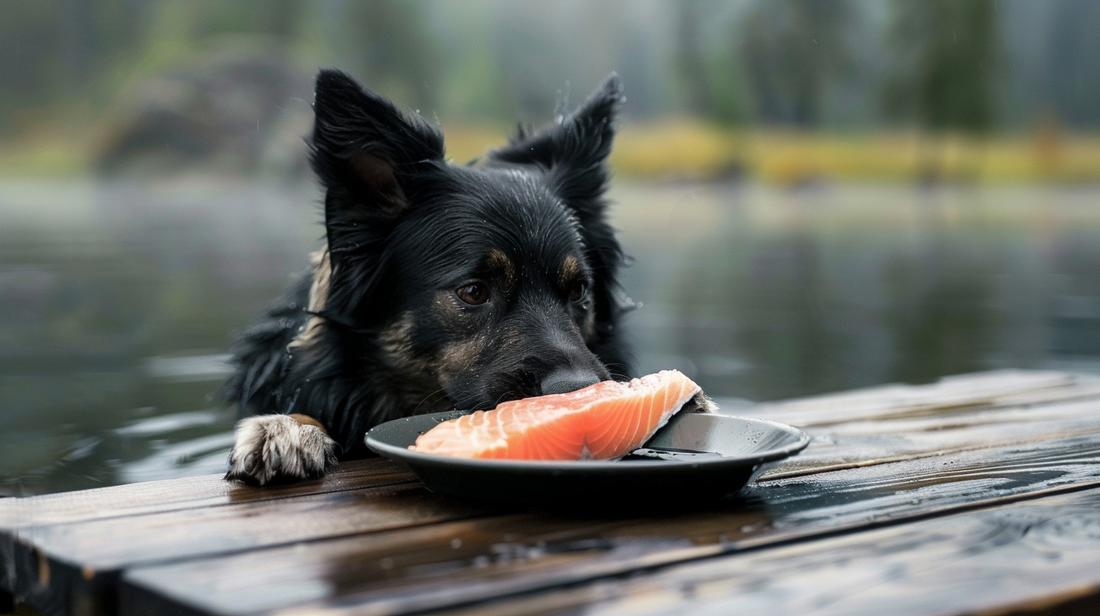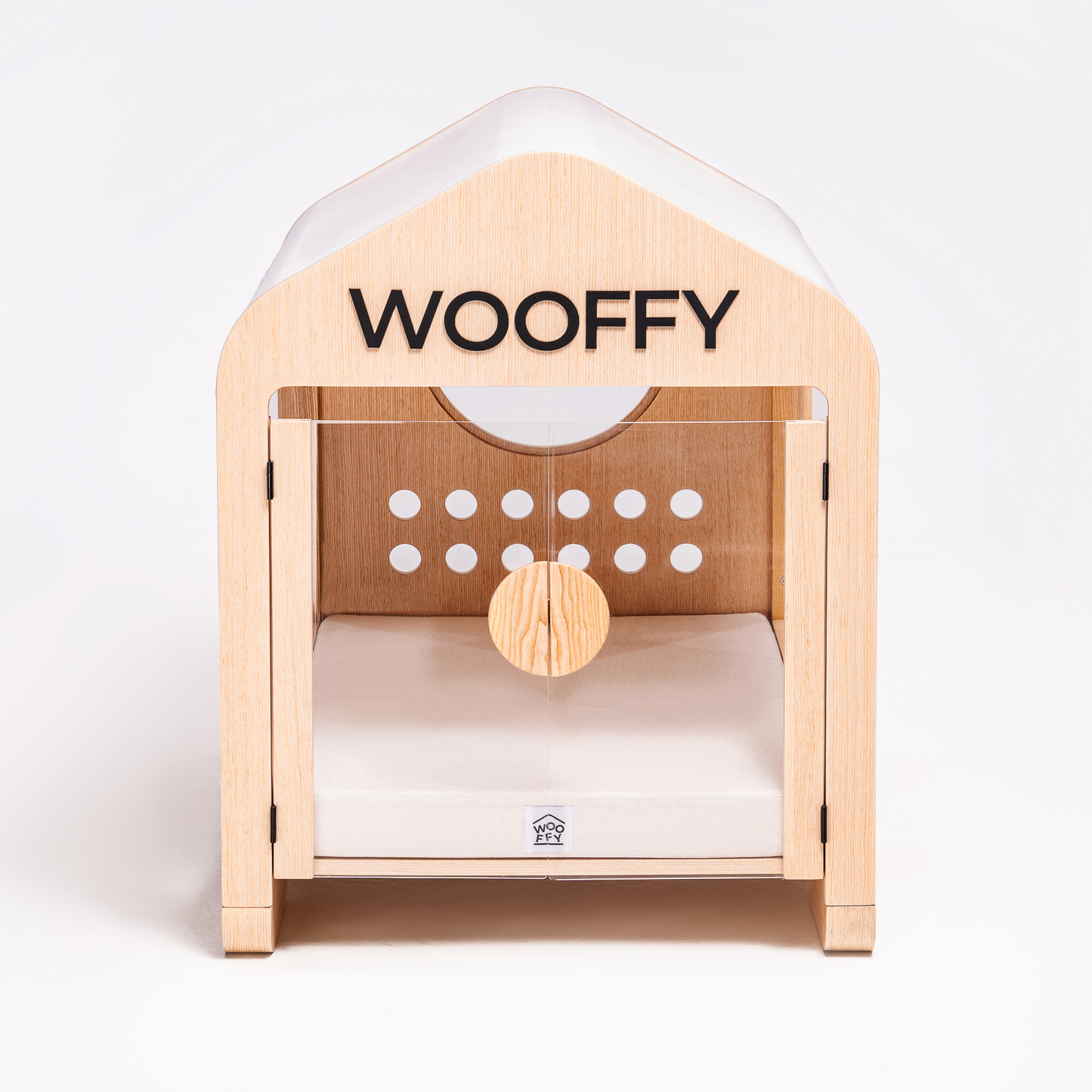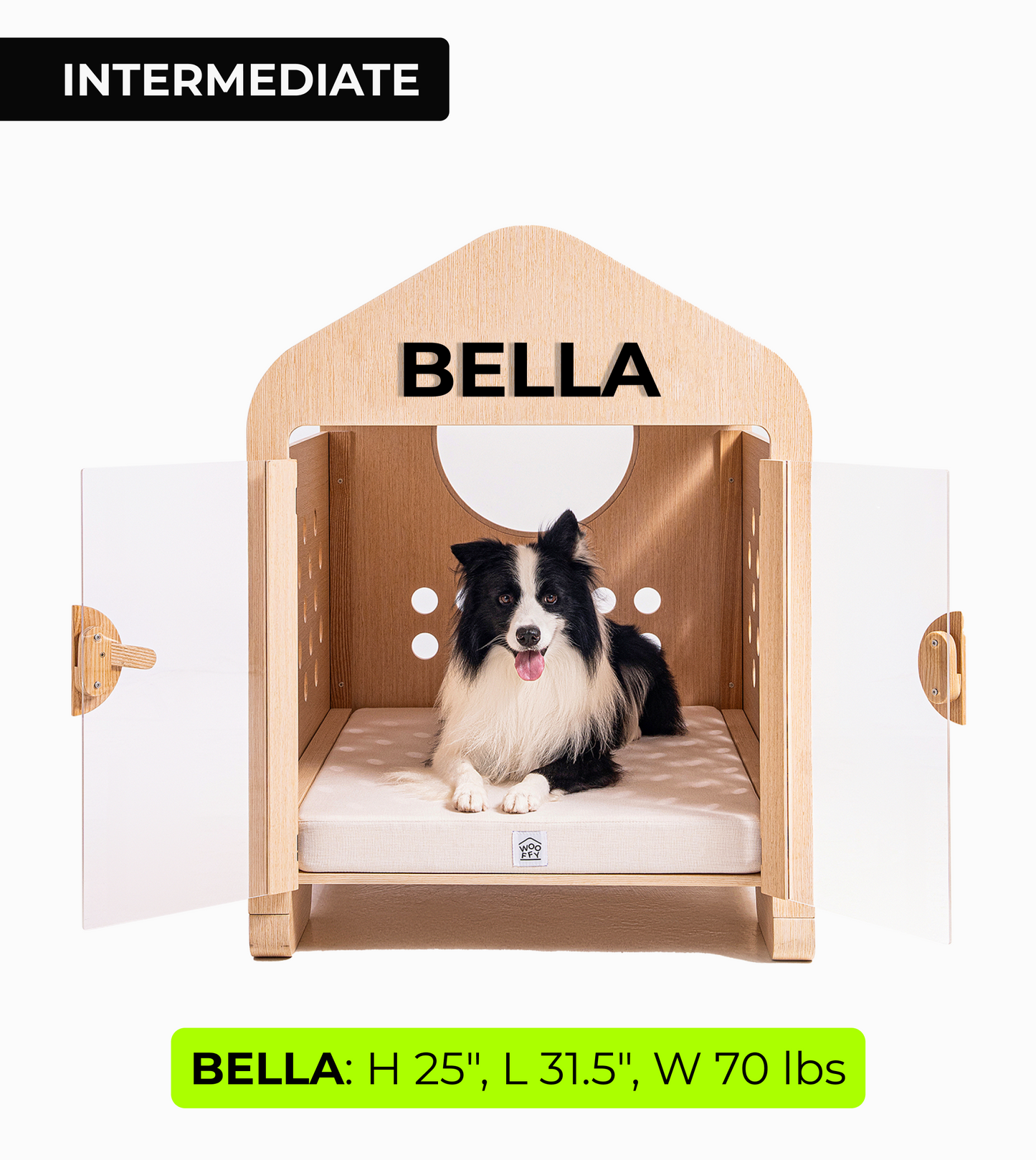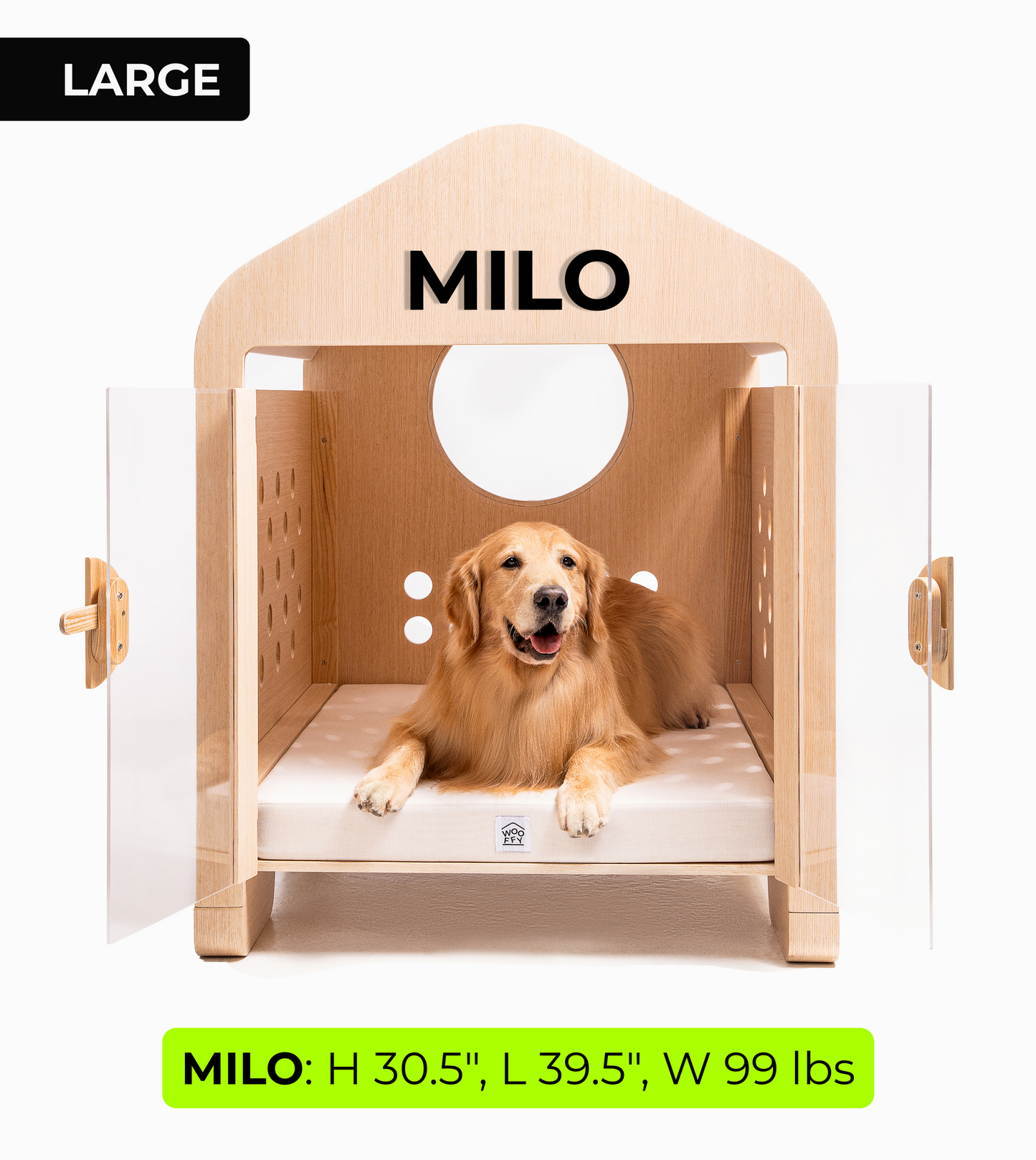
The Benefits and Cautions of Feeding Salmon to Your Dog
Share
Salmon, a highly nutritious fish rich in omega-3 fatty acids, proteins, and vitamins, is often considered a beneficial addition to a dog's diet. However, introducing salmon to your pet requires understanding both its health benefits and potential risks. This article explores how salmon can be a healthy part of your dog's diet, the precautions to take, and how to safely incorporate it into their meals.
Health Benefits of Salmon for Dogs
Rich in Omega-3 Fatty Acids: Omega-3 fatty acids are essential for dogs, contributing to better skin and coat health, reducing inflammation, and supporting heart and joint health. Salmon is one of the best sources of these beneficial fats.
High-Quality Protein Source: Salmon provides high-quality protein, essential for muscle development and maintenance in dogs. It's particularly beneficial for active or working breeds that require a protein-rich diet.
Loaded with Vitamins and Minerals: Salmon is a good source of B vitamins, potassium, and selenium. These nutrients play crucial roles in energy production, nervous system function, and protection against oxidative damage.
Precautions When Feeding Salmon to Dogs
While salmon can be an excellent addition to your dog's diet, there are several precautions to consider:
Beware of Bones: Small bones in salmon can pose a choking hazard or cause internal damage. Always ensure the salmon is thoroughly deboned before offering it to your dog.
Cooked vs. Raw: Never feed raw salmon to dogs. Raw or undercooked salmon can contain parasites harmful to dogs, leading to a condition known as salmon poisoning disease, which can be fatal if not treated. Always cook salmon thoroughly to kill any harmful organisms.
Avoid Seasonings: When preparing salmon for your dog, cook it plain without any added oils, butter, or seasonings. Many seasonings, including garlic and onion, are toxic to dogs.
How to Safely Include Salmon in Your Dog's Diet
Introduce Gradually: As with any dietary change, introduce salmon into your dog's diet gradually to avoid gastrointestinal upset.
Serve in Moderation: Salmon should not make up the entirety of your dog's diet but rather be served as a supplement to their regular meals. A small portion once or twice a week is sufficient for most dogs.
Consider Salmon Oil: If you're concerned about the risks of feeding whole salmon, salmon oil is a safe alternative that still provides the benefits of omega-3 fatty acids.
Enhanced Skin and Coat Health
- Study Reference: A study published in the Journal of Veterinary Dermatology found that dogs supplemented with omega-3 fatty acids from fish sources, including salmon, showed significant improvements in coat condition and reduced incidence of skin allergies.
Anti-inflammatory Benefits
- Research Article: Research in the American Journal of Veterinary Research demonstrates the anti-inflammatory effects of omega-3 fatty acids in dogs, highlighting their role in managing chronic conditions like arthritis and reducing the need for conventional anti-inflammatory medications.
Cardiovascular and Joint Health
- Study Findings: An article in the Veterinary Journal presents findings on the positive impact of dietary omega-3 fatty acids on cardiovascular health and joint function in dogs, suggesting that regular inclusion of fish like salmon in the diet can contribute to the overall well-being and mobility of pets.
Risks of Raw Fish
- Research on Salmon Poisoning Disease: A crucial study in the Journal of Parasitology examines the risks associated with feeding raw or undercooked salmon to dogs, including the transmission of Neorickettsia helminthoeca, which causes salmon poisoning disease, underscoring the importance of cooking salmon thoroughly.
Dietary Guidelines and Recommendations
- Nutritional Analysis: The Journal of Animal Physiology and Animal Nutrition offers comprehensive guidelines on incorporating fish into canine diets, including portion sizes, frequency, and the balance of nutrients to ensure a holistic approach to pet nutrition.
Conclusion
Salmon can be a healthy and nutritious addition to your dog's diet when prepared and served correctly. It offers numerous health benefits, including improved skin and coat health, anti-inflammatory properties, and support for heart and joint health. However, it's essential to take precautions such as removing bones, cooking the salmon thoroughly, and introducing it gradually into your dog's diet. By following these guidelines, you can safely enjoy the benefits of salmon as part of your dog's balanced diet.
For more tips on dog nutrition and healthy treats, visit https://thewooffy.com/blogs/dog-nutrition

























